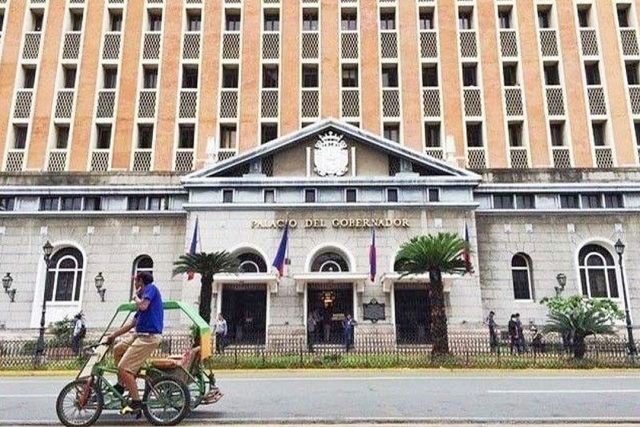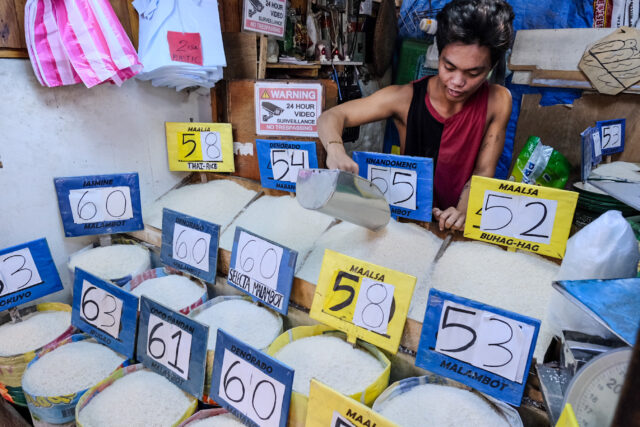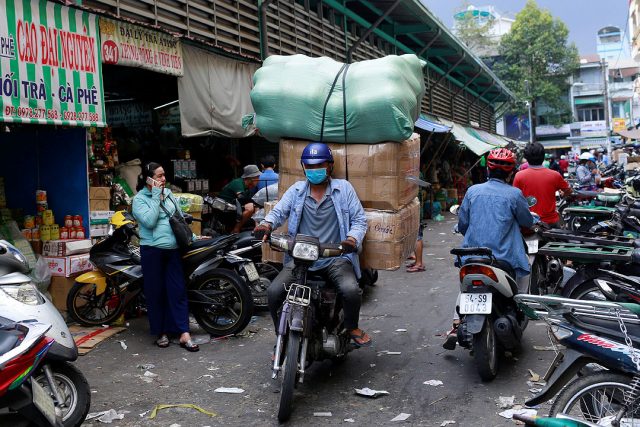Joint Congressional probe sought over Comelec’s alleged lack of certification for automated system
A PHILIPPINE senator on Tuesday called for a joint Congressional investigation following reports that the Commission on Elections (Comelec) has failed to obtain a legally mandated certification for the automated election system (AES), which will be used for the upcoming May 12 local and national election.
“We should ask the Comelec, through the joint congressional oversight committee, where that certification is that proves that our automated election system is working properly,” Senator Ana Theresia N. Hontiveros-Baraquel said in a statement in mixed Filipino and English.
 “If the certification is not yet available, they should explain to the people why it has not been released, despite the clear deadline under the law,” she added.
“If the certification is not yet available, they should explain to the people why it has not been released, despite the clear deadline under the law,” she added.
Ms. Hontiveros said that Comelec is required to obtain a certification from an established international certification entity that ensures the AES is properly working, secure, and accurate. This is mandated by section 11 of the Republic Act (RA) 8436, as amended by RA 9369, the Election Automation Law.
She said that the certification should have been issued not later than three months before the election date.
“This means that Pro V & V, Inc., the international certification entity contracted by Comelec, should have already issued a certification on or before Feb. 12, 2025,” she added.
Ms. Hontiveros said that Comelec should submit a formal explanation to the oversight committee if ever they will proceed with the use of the AES without certification, emphasizing the lack of certification “would severely affect public confidence” in the upcoming elections.
Moreover, the senator said the joint congressional oversight committee should investigate the alleged vulnerabilities of the AES in procedures related to the counting and transmission of election results.
She added that Comelec should clarify whether the modem for the AES should be attached only for transmissions or during the testing phase, as stated in the first version of Comelec’s instructions.
“There are only about 70 days left before election day, so the Senate and House of Representatives must act immediately and ensure that all legal mechanisms are followed for clean and orderly automated elections,” she said. “These reported issues must be clear, so that the people will have no fear or doubt come May 12.”
In a separate new briefing, Comelec Chairman George Erwin M. Garcia said that the Technical Evaluation Committee (TEC) is looking to secure the certification of AES before the end of the month.
Mr. Garcia clarified securing the certification falls within the mandate of the TEC, an independent entity.
He explained that the hardware and software components of the AES have so far been tested, while the testing for the Online Voting and Counting System for overseas voting is expected to be completed this week.
“(The testing) will be done this week. Hopefully, before the end of this month the TEC will obtain a certification,” Mr. Garcia said in mixed English and Filipino in a livestreamed press conference.
The Philippines is set to conduct its mid-term national and local election on May 12 (Monday). Up for grabs are 12 spots in the 24-seat Senate and 317 congressional seats, thousands of local officials will also be elected.
DISQUALIFICATION CASE
Meanwhile, the Commission on Tuesday dismissed a disqualification case against five members of the Tulfo family gunning for seats in both chambers of Congress in the 2025 midterm elections, citing incomplete documents.
Comelec’s First Division on Tuesday junked the petition of Virgilio R. Garcia, dated Feb. 14, against ACT-CIS Rep. Erwin T. Tulfo, ACT-CIS Rep. Jocelyn Pua-Tulfo, Quezon City Rep. Ralph Wendell Tulfo, former Tourism Secretary Wanda Tulfo-Teo, and broadcast journalist Bienvenido T. Tulfo.
The 3-page order, dated March 4, said the petitioner failed to provide copies of the respondents’ certificates of candidacy, “which would have been vital in order to properly verify the necessary information alleged.”
The order also noted it cannot verify whether the petition was properly served to the respondents.
Comelec Chairman Garcia said in an ambush interview that the plaintiff may still file for a motion for reconsideration.
Provided that the motion is properly filed and meets the required form, Mr. Garcia said the case could be forwarded to the Comelec en banc for review.
He also urged future petitioners before the poll body to make sure all necessary documents are complete before filing.
“Otherwise, the petition will be dismissed on a technicality and will no longer proceed to a decision on the merits,” he said in Filipino.
He noted that attaching a certified true copy of a certificate of candidacy is crucial in a petition for disqualification, denial of due course, or cancellation of candidacy, as it serves as proof that the individual is officially a candidate in the elections.
The petitioner argued that the respondents’ status as members of what he considers a political dynasty constitutes grounds for disqualification from the May 2025 elections.
Mr. Erwin T. Tulfo, a frontrunner in the tight senatorial race, is also facing another disqualification case filed last week, citing questions about his nationality, among others. — Adrian H. Halili and Chloe Mari A. Hufana











